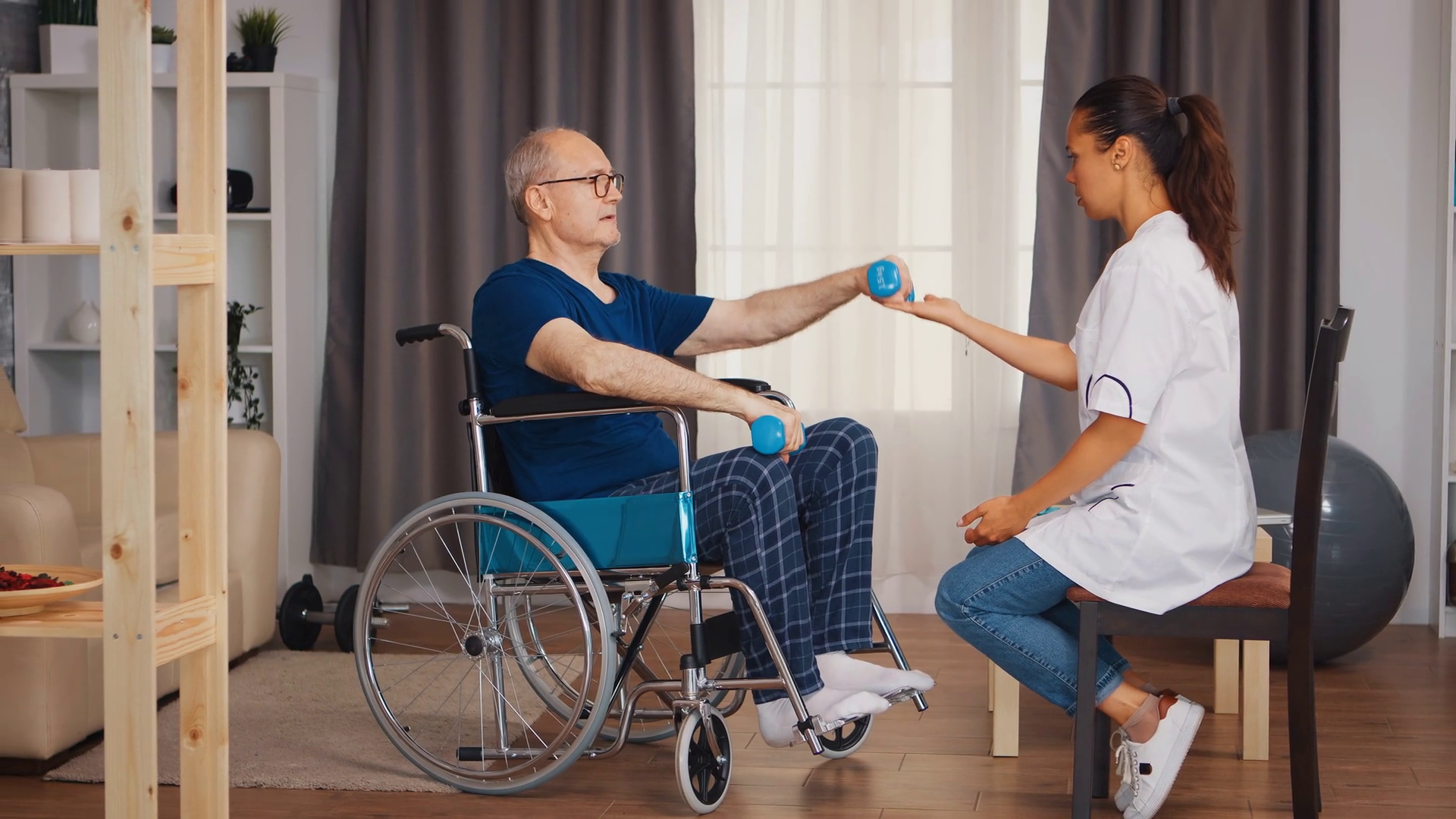Supportive Care for Elders and Handicapped
Taking care of family and loved ones can be a joy or a burden. Caring for a child who grows and moves towards independence is hard work, but doesn’t last forever. Caring for an older person as he or she ages and declines in physical and mental functioning may be exhausting, sad or frustrating, and the process can be prolonged.If you are an older person living with a disability, getting help from an allied health professional can make a big difference to your everyday life. Allied health professionals can help you improve your flexibility, balance and movement and give you advice on things like diet, exercise or the right way to lift, as well as possible home modifications.



